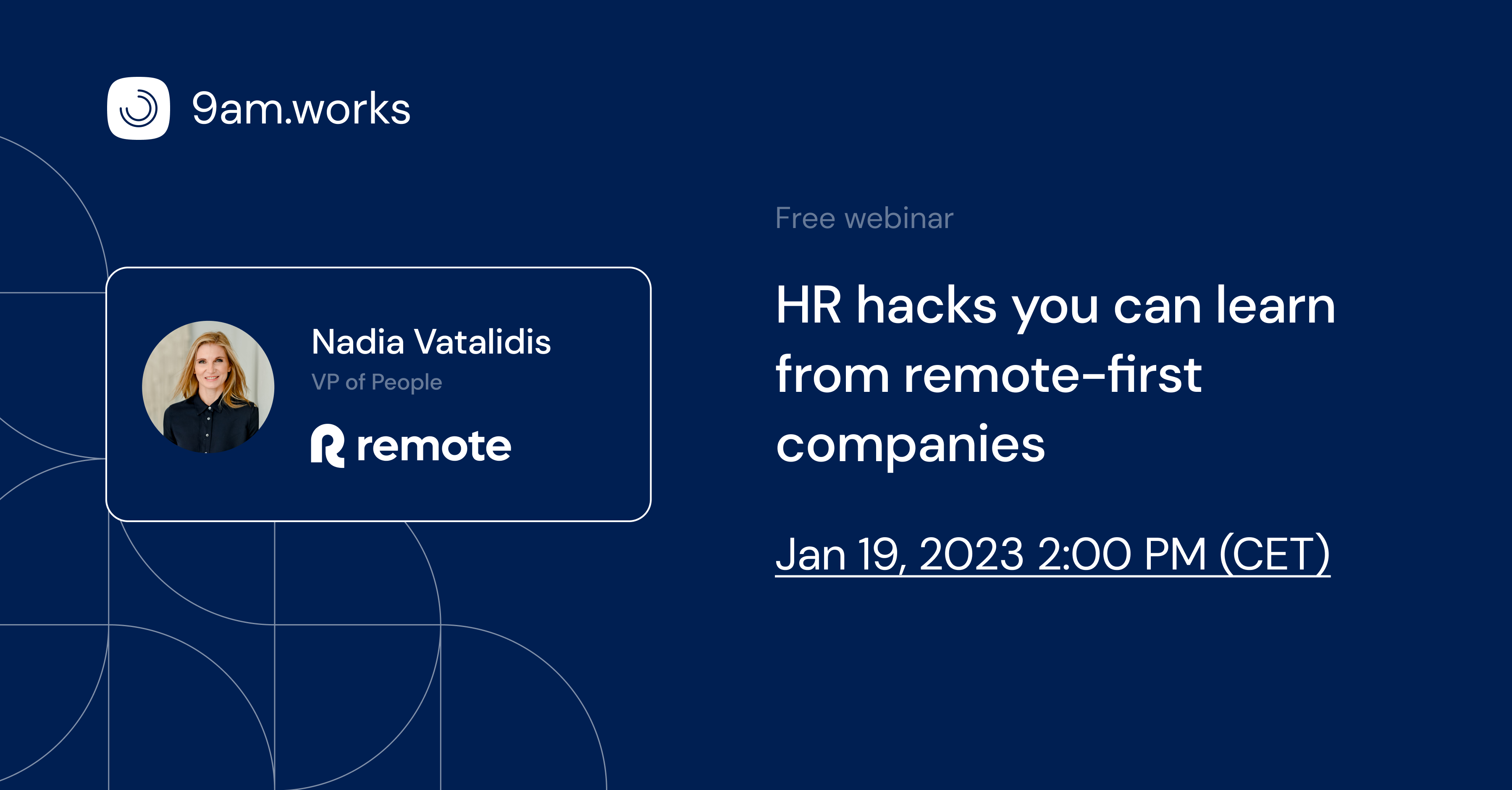False self-employment or pseudo self-employment (German: Scheinselbstständigkeit) is a recurring topic in the cooperation between companies and freelancers in Germany. There are many ambiguities and false assumptions. We explain when false self-employment occurs, what the consequences are, and what criteria can be used to identify it.
What is false self-employment? A definition
Scheinselbstständigkeit means that a freelancer works for a company as a self-employed person, but in practice is treated like an employee. In other words, the freelancers write invoices and receive a fee for their services instead of a fixed salary, and no paid vacation or sick pay, for example. But at the same time, they are firmly integrated into the company's processes, work according to instructions, and there is virtually no difference between them and the permanent employees.
This situation runs contrary to the principles of the welfare state: there is basically a dependent employment, but no social security contributions are paid, and the contractors don’t receive the privileges to which they would actually be entitled (for example, protection against dismissal). False self-employment is equated with black labor, and it’s no trivial offense. For this reason, there are audits by the German Pension Insurance (Deutsche Rentenversicherung), the tax offices or even the customs authorities to uncover such employment relationships.
There is no single law that defines false self-employment. Instead, it is an umbrella term in which social security law, labor law and tax law play a role.
In our e-learning, we explain false self-employment in just a few minutes (in German):
Often unintentional: When does false self-employment begin?
Often, pseudo self-employment is not intended by the parties involved, but results from the circumstances, as this example shows: A freelancer initially works for a company in a consulting capacity for only a few hours. The managing director is satisfied with their work and places increasingly larger orders with them. For convenience, they get a company email address and are added to the internal communication system.
Soon they have less and less time for other clients and work almost exclusively for the company. For better coordination, they attend weekly meetings with the company, even if they are not always about their projects. They coordinate their vacations with the employees after a while so that their absences do not overlap inconveniently. For practical reasons, they are often present on the premises of the company to better interact with the salaried employees.
In the event of an audit, it would be likely that this case would be classified as Scheinselbstständigkeit. What started as a “completely normal” assignment can become false self-employment without the parties involved wanting or even noticing it. Companies should therefore remain alert and avoid such a situation. More detailed information is available in our article "Avoiding False Self-Employment When Working With Freelancers: 4 Tips".
Who investigates pseudo self-employment?
Checks are often carried out by the German Pension Insurance (Deutsche Rentenversicherung) during a regular audit of the client company. In addition, a health insurance company, a tax office or a labor court can also examine the status of a freelancer for false self-employment. There is also the financial control of illegal employment of the main customs offices (Hauptzollämter). Who reviews the status in a specific case depends on the reason for the check.
An inspection for pseudo self-employment can have different reasons. It can be a standard audit by the pension insurance, but the reason can also be a report by a third party. In addition, clients or contractors themselves may initiate the check. Possibly the background is that the freelancer wants to sue the company to get a permanent position.
Negative consequences of false self-employment
Unfortunately, ignorance does not protect you from the consequences if false self-employment is discovered. The managing director in our example would have to face serious consequences. Under certain circumstances, such a situation can even threaten the existence of a company. If the company has worked with several false self-employed freelancers over a longer period of time, this can quickly result in high costs.
The client must pay social security contributions and taxes for the last four years - plus late payment penalties. The period can increase significantly in the case of intentional behavior. In addition, the previously self-employed contractor can sue the company to get salaried employee status and obtain all associated rights.
If the company has acted intentionally, there may even be a fine or imprisonment.
More information about the consequences can be found in our article "False Self-Employment: Potential Consequences for Clients".
False self-employment for small business owners
The small business regulation (Kleinunternehmerregelung) allows self-employed persons in Germany to refrain from collecting and paying sales tax. In order to do so, however, they must stay below certain turnover limits. The regulation is often used when freelancers are just starting their self-employment or are only doing it as a sideline.
A status as a Kleinunternehmer neither protects against false self-employment, nor does it increase the risk per se. In practice, however, caution may be required when working with small business owners: Because they often work less than other freelancers, they might work for only one client, and can more easily fall into false self-employment. If there are no other aspects of the collaboration that suggest pseudo self-employment, however, there is no great danger.
Only one client: Is the freelancer false self-employed?
The assumption that a self-employed person with only one client is automatically a pseudo self-employed person is a common misconception. Even though this may be a first important indication, a freelancer in this constellation is by no means always a false self-employed person. Instead, it can also be a case of an extensive project that does not allow them to accept any other assignments in parallel, but which is clearly limited and otherwise does not meet any of the criteria for pseudo-self-employment.
The decisive factor is the overall picture: Does the activity for a company mean that the freelancer is completely integrated into the processes there and is treated like an employee? Then it is very likely that they are pseudo-self-employed. If, on the other hand, the freelancer retains their entrepreneurial freedom, the activity is not necessarily problematic for a client. Nevertheless, it is advisable to be on the safe side in such a constellation and to have it checked, for example, through legal advice or a status determination procedure of the German Pension Insurance (Deutsche Rentenversicherung).
Good to know: With the 9am Compliance Hub, companies receive comprehensive support to avoid false self-employment, for example with a false self-employment check, an e-learning on the topic and compliant contract templates for hiring freelancers.
FAQs
What does pseudo self-employment mean?
If a self-employed person is treated like an employee by a client, this is known as pseudo self-employment or false self-employment. They are dependent on instructions, integrated into internal processes, and they lose their entrepreneurial freedom. At the same time, however, no social security contributions are paid for them, and they don’t benefit from advantages such as paid vacation, continued remuneration in the event of illness or protection against dismissal. Because this constellation contradicts the welfare state principle, it is prosecuted and there are penalties.
Avoiding false self-employment: How many clients are necessary?
When it comes to pseudo self-employment, it is not only the number of clients that matters. For example, a freelancer can work for only one company for a certain period of time without being pseudo-self-employed. On the other hand, a freelancer can also work for two clients and become a false self-employed person for one or even both of them. The decisive factor is the overall picture and the question of how strongly the freelancer is integrated into the respective company.
Who is a false self-employed person?
A pseudo-self-employment can occur with freelancers if they are de facto treated as employees by a client. Small business owners can be pseudo-self-employed too. In addition, foreign freelancers can also be classified as false self-employed if they work in Germany.
When does pseudo self-employment begin?
False self-employment often arises insidiously when a freelancer becomes more and more involved in the processes of a company. For this reason, there is frequently no specific point in time at which a contractor becomes a pseudo-self-employed person. Since it is always the individual case that decides, both sides should make sure that as few criteria for false self-employment as possible are fulfilled and that it doesn’t occur in the first place.
Is pseudo-self-employment subject to a statute of limitations at some point?
There is no statute of limitations for false self-employment as such, but the claims of the authorities or the freelancer concerned are each subject to certain limitation periods. In the case of back payment of social security contributions, the statute of limitations occurs after four years, but in the case of intent, the time limit is 30 years. The claim for subsequent payment of income tax is also subject to a four-year statute of limitations; in the case of intent, the statute of limitations is ten years. The period of limitation for the claims of the false self-employed person under labor law is three years.





